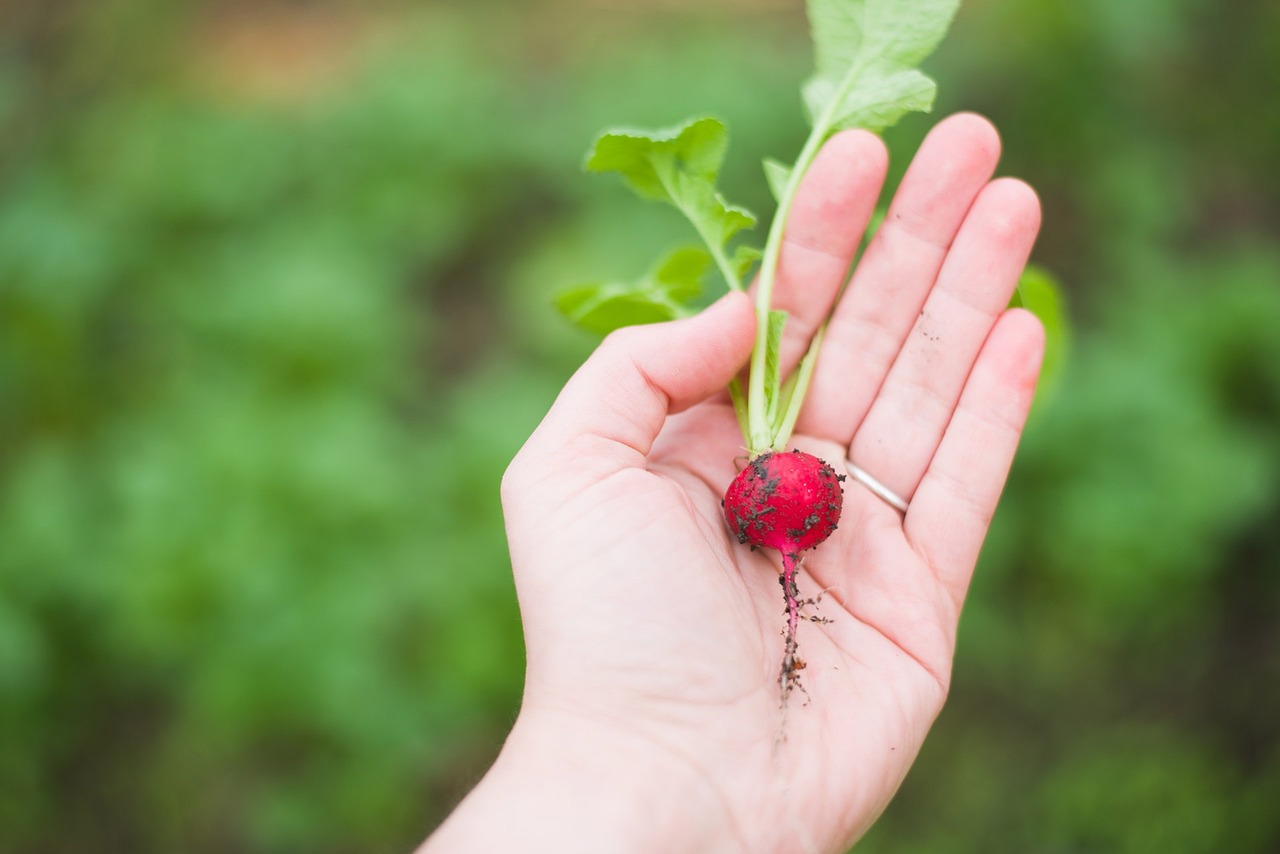The Future of Organic Farming

The Future of Organic Farming is poised to redefine how we grow food in an era dominated by climate concerns, health awareness, and sustainability demands. As global populations rise and natural resources dwindle, the need for sustainable agriculture has never been more urgent. Organic farming, with its emphasis on natural fertilizers, crop rotation, and pest management without chemicals, is emerging as a powerful alternative to conventional methods that often rely heavily on synthetic inputs.
Unlike industrial agriculture, which can degrade soil and pollute water systems, organic farming practices prioritize soil health, biodiversity, and environmental stewardship. These methods not only protect ecosystems but also produce nutrient-rich crops that consumers are increasingly seeking. With the growth of the organic food market, farmers and policymakers alike are investing in innovations to scale organic practices while maintaining integrity and transparency.
Advancements in organic certification, precision farming, and biological pest control are revolutionizing how organic farms operate. Technology is enabling better monitoring of crop conditions and soil composition, helping farmers make informed decisions that align with organic standards. Meanwhile, shifting consumer preferences, climate change policies, and global food security concerns are pushing governments to support organic agriculture through subsidies and research initiatives.
The future promises a blending of traditional farming knowledge with cutting-edge science to create resilient, eco-friendly food systems. As we look ahead, organic farming is not just a trend—it is a crucial component of a healthier, more sustainable planet.
Environmental Benefits and Climate Resilience
One of the most compelling reasons for the growth of organic agriculture is its positive environmental impact. By avoiding synthetic inputs, organic farming practices reduce greenhouse gas emissions, prevent water pollution, and protect pollinators like bees and butterflies. This contributes to a healthier planet and helps combat climate change.
Furthermore, organic farms typically maintain better soil structure and moisture retention, making them more resilient during droughts and floods. This adaptability is increasingly vital as extreme weather events become more common. Through crop diversification and cover cropping, organic farmers can protect yields and safeguard biodiversity, ensuring long-term food security.
Economic Potential and Market Demand
The global organic food market has been experiencing consistent growth, driven by increasing consumer demand for healthy, chemical-free produce. As awareness about food safety and environmental sustainability rises, more people are willing to pay a premium for certified organic products. This demand is encouraging farmers to transition to sustainable agriculture systems and adopt organic certification programs.
In response, many governments are now offering subsidies, training, and technical support to help farmers convert to organic methods. Programs focused on organic farming education and supply chain development are reducing barriers to entry and enabling small-scale producers to compete in the global market.
Challenges and the Path Ahead
Despite its advantages, organic farming faces several challenges. Transitioning from conventional to organic systems can be costly and time-consuming. Farmers must navigate complex certification processes and adapt to lower short-term yields during the adjustment period. There is also a need for more widespread research in organic agriculture, particularly in pest and disease management.
However, these challenges present opportunities. Investments in agricultural research, climate-smart practices, and farmer education can accelerate the shift to a more sustainable future. With support from both public and private sectors, the organic farming movement can continue to grow and evolve.
Empowering the Next Generation of Organic Farmers
As the future of organic farming unfolds, educating and empowering the next generation of farmers will be crucial. Young farmers and agricultural students are showing a strong interest in sustainable agriculture, driven by concerns over environmental degradation, food security, and public health. By integrating organic farming practices into agricultural education and training programs, we can equip them with the knowledge and tools needed to succeed in this evolving industry.
Mentorship programs, online platforms, and community-supported agriculture (CSA) models are creating new opportunities for aspiring farmers to learn from experienced growers. Additionally, increased access to organic farming resources, such as grants, land-use initiatives, and certification support, is lowering the barrier for entry into this field.
Urban agriculture, rooftop gardens, and regenerative organic farming are gaining popularity among younger generations, aligning with their desire for eco-friendly lifestyles and local food systems. This cultural shift reflects a growing recognition that organic farming is not just a method, but a movement toward restoring balance between people, food, and nature.
With proper guidance and innovation, the next wave of organic farmers will play a key role in shaping a resilient, regenerative future for global agriculture.
Conclusion
The future of organic farming holds immense promise as a sustainable, health-conscious, and environmentally responsible approach to agriculture. By combining traditional knowledge with modern innovations, organic farming is poised to meet the growing demand for clean, ethical food while protecting our planet’s resources. As consumers, policymakers, and farmers unite around the values of sustainability, biodiversity, and climate resilience, organic agriculture will continue to expand and evolve. Empowering the next generation, investing in research, and fostering global cooperation are key steps toward a thriving future. Organic farming is more than a trend—it’s a vital pathway to a healthier world.
Ready to grow the future of farming with us?
Join the movement toward sustainable, chemical-free agriculture with Indochem Agrovet—your trusted partner in organic farming solutions. Whether you’re a seasoned farmer or just starting out, we provide expert guidance, premium organic inputs, and ongoing support to help you thrive.
📞 Call us today at +91 98307 20311 / 83369 77770
🌐 Visit: indochemagrovet.in
Let’s cultivate a greener, healthier tomorrow—together.

